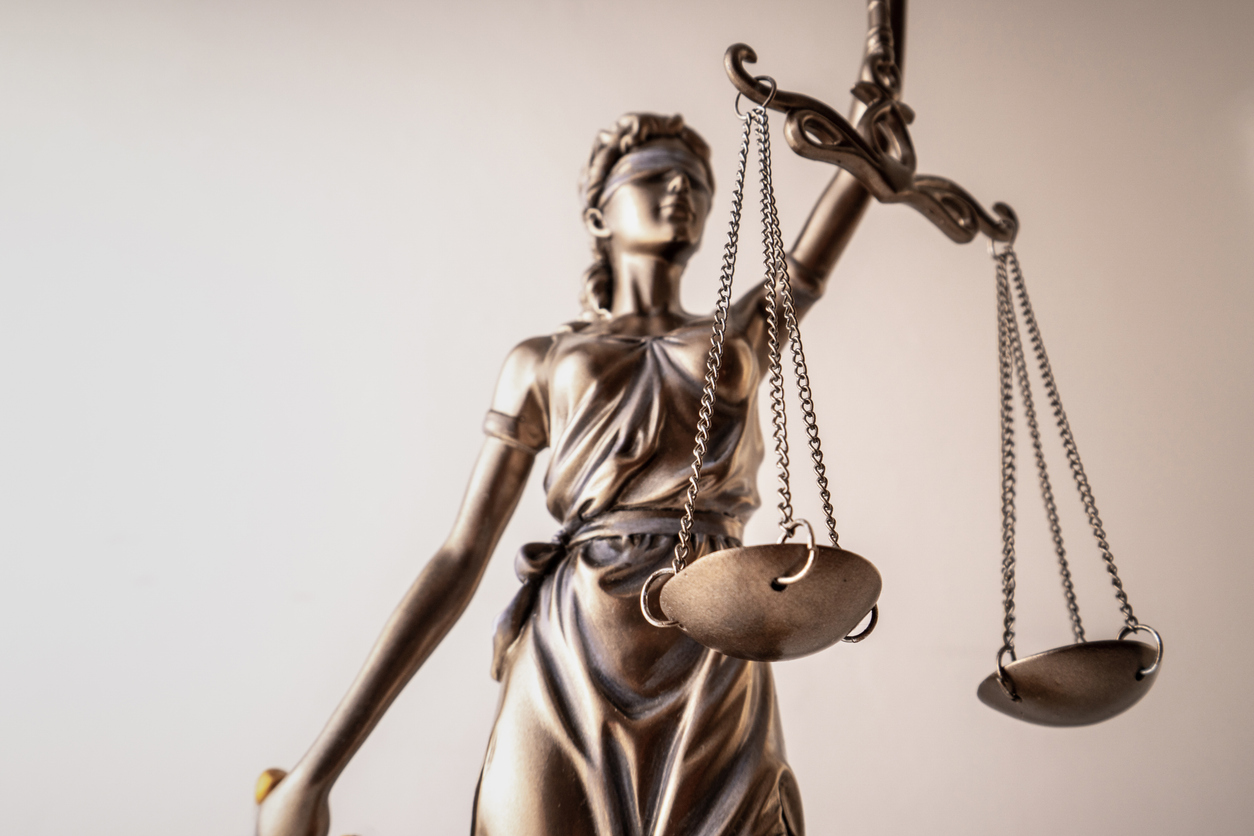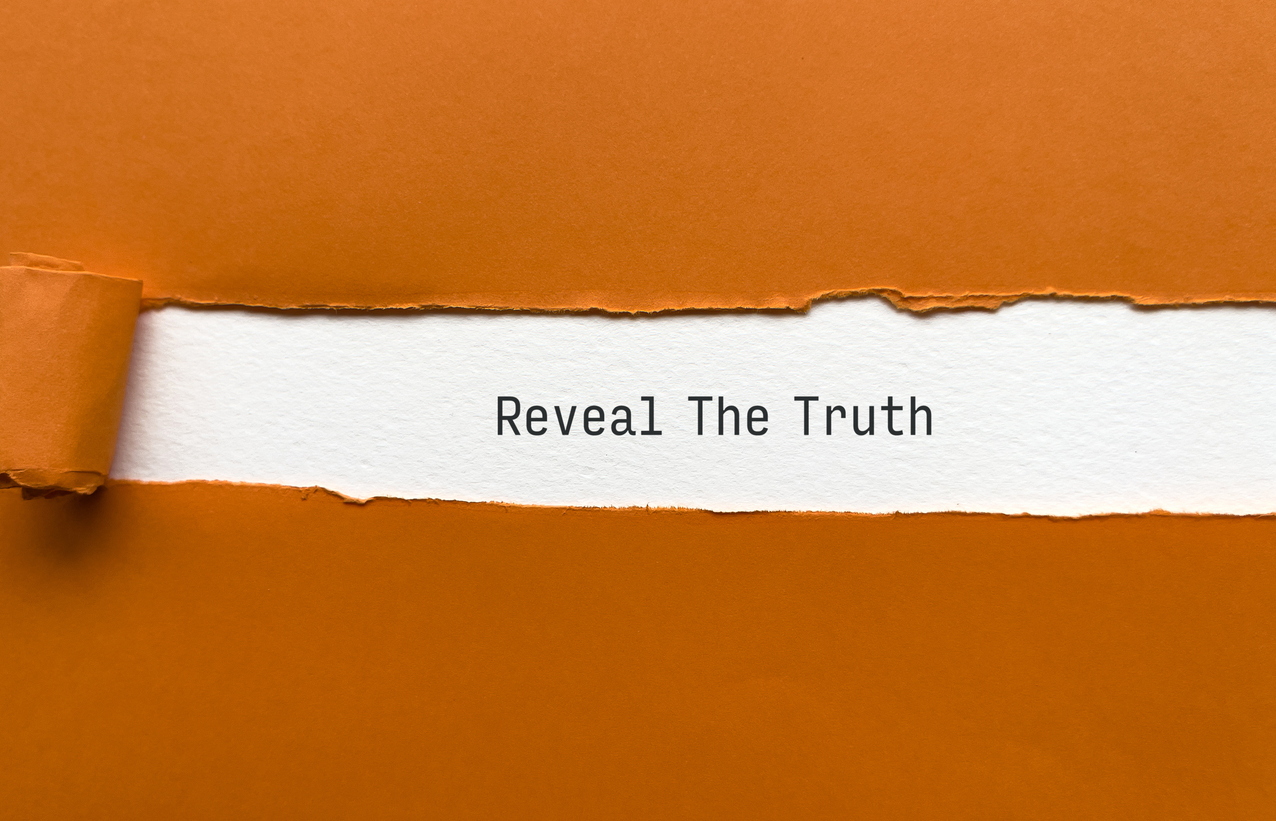It is well established in Arizona that an insurance “carrier has an obligation to immediately conduct an adequate investigation, act reasonably in evaluating the claim, and act promptly in paying a legitimate claim.”1 The Arizona Unfair Claims Settlement Practices Act likewise provides that a carrier shall not “[r]efuse to pay claims without conducting a reasonable investigation based upon all available information.”2 In all aspects of investigating or evaluating a claim, an insurance carrier is required to give as much consideration to the policyholder’s interests as it does to its own interests.3 So much so, that “Indifference to facts or failure to investigate [by a carrier is] sufficient to establish the tort of bad faith” against the carrier.4
A common complaint from policyholders and public adjusters is that the carrier’s investigation was inadequate and one-sided. Too often, it is claimed that the carrier failed to speak with eyewitnesses who witnessed the loss event and/or the effect of the damage or that the carrier failed to contact third-party individuals who possess information favorable to the policyholder. Whether the carrier conducted a reasonable investigation is generally a factual inquiry reserved for a jury to decide. However, many times, the carrier will attempt to get the claims dismissed on summary judgment by detailing their efforts in evaluating the claim. Unfortunately, Arizona courts are granting these motions with more frequency. The Arizona Court of Appeals recently issued a decision that should serve as a reminder that the policyholders and public adjusters should explicitly state the reasons that the carrier should interview certain individuals.5 The appellate court explained:
[T]he Eppersons argue that the superior court erred in ruling as a matter of law that no material issue of fact exists regarding whether AAA handled the fire loss claim in bad faith, citing their allegation AAA did not contact “key” witnesses. However, the record shows that AAA immediately attempted to contact the witnesses the Eppersons believed relevant to the investigation once the Eppersons identified them. Moreover, the Eppersons set forth no evidence that the witnesses they say AAA delayed in contacting, or failed to contact, were significant to the claim investigation or would have altered its course or outcome in any way.
The court found that the investigation was reasonable and affirmed summary judgment for the carrier.
Remember, an “insurance company’s failure to adequately investigate only becomes material when a further investigation would have disclosed relevant facts.”6 So, when demanding that a carrier speak with anyone, be sure to include enough information from which it is obvious why this person is important, what information the individual possess, and how it relates to the investigation.
1 Zilisch v. State Farm Mutual Auto Ins. Co., 196 Ariz. 234, 237, 995 P.2d 276, 279 (2000); Rawlings v. Apodaca, 151 Ariz. 149, 154, 726 P.2d 565, 570 (1986); American Family Mut. Ins. v. Grant, 222 Ariz. 507, 512, 217 P.3d 1212, 1217 (App. 2009).
2 A.R.S. § 20-461(4) (emphasis added).
3 See Revised Arizona Jury Instructions (Civil) 5th, BAD FAITH 2 (First Party), Adequacy of Investigation.
4 Rawlings, 151 Ariz. at 162, 726 P.2d at 578; Nardelli v. Metropolitan Group Property & Cas. Ins. Co., 230 Ariz. 592, 604, 277 P.3d 789, 801 (App. 2012).
5 Epperson v. AAA Fire & Cas. Ins. Co., No. 1 CA-CV 15-0846, 2017 WL 406144 at ¶14 (Ariz. App. January 31, 2017) (emphasis added).
6 Aetna Cas. & Sur. Co. v. Superior Ct in and for Cty of Maricopa, 161 Ariz. 437, 440, 778 P.2d 1333, 1336 (App. 1989).



